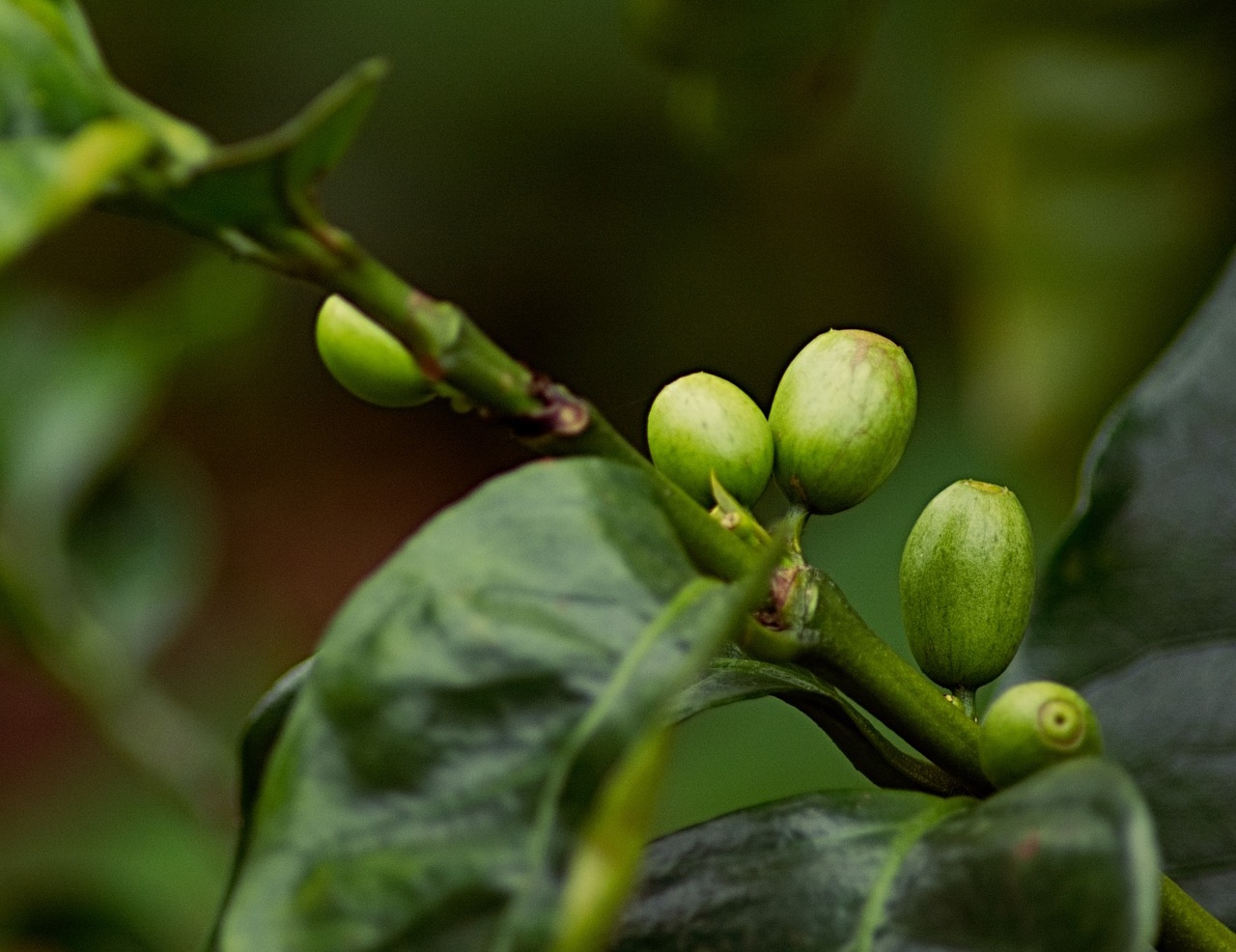Requiring huge volumes of coffee from Latin America to keep their roasteries and cafés profitable, the world’s largest coffee companies have a financial imperative to make the sector sustainable. Meanwhile, increased demand and threats to long-term production — the latter due to a host of economic, environmental and social factors — have presented an unsustainable coffee landscape throughout Mexico, Central America and South America.
According to a new report from the London-based sustainable development agency Earth Security Group, business as usual among these high-volume buyers no longer presents a sustainable way forward, and companies ought to be seeking new models that enhance both environmental and social regeneration.
“The next frontier for business model innovation in coffee production is on those models that enhance social regeneration, by involving communities as owners of larger parts of the value creation process, and ecological regeneration, by adopting planting methods that consider biodiversity as a factor of productivity,” the group wrote in its latest CEO briefing, which attempts to outline sustainable development goals for industry leaders. “Examples of companies setting such business models exist but are too far from the mainstream industry as to catch the attention of industry majors.”
All of this may sound painfully familiar to coffee producers or others working in coffee sustainability, but the ESG report provides some compelling insight on a several fronts, even if you don’t happen to be the CEO of Nestlé. The briefing explores business models established by small businesses that could be scaled for larger buyers; the importance of biodiversity and shade in sustainable coffee production; and, the ability potential for huge coffee companies to leverage their brands to essentially drive demand for a new wave of more sustainable coffee.
It should be noted that the report lists the Swiss Agency for Development and Cooperation and the British multinational banking company HSBC as sponsors.
The full report can be found here (registration required), but we’ve cherry-picked a few of the most resonant passages:
On the importance of Latin America
- Latin America accounts for 60% of global coffee production and is, therefore, a strategic region for global companies. Coffee farming in the region must integrate ecosystem services at the heart of their model, as well as provide a
larger share of economic value to farmers, for whom coffee farming is uneconomical.
On production and demand-creation
- Building specialty brands based on regenerative models, such as shade-grown and biodiverse coffee production, will require global demand. The coffee branding and retail business has the know-how to largely influence global demand. For example, marketing campaigns about the premium experience of ‘cold brew’ coffee by Starbucks, Whole Foods, Dunkin’ and Peet’s Coffee have helped grow this new market339% from 2010 to 2015 in the US.55 The trends for cold brew, as well as the success of the Nespresso phenomenon, show the power of marketing supported by quality product brand development.
- Starbucks, Nestlé, and other major coffee brands and retailers have an opportunity to focus on shade-grown coffee, supported by local communities, as the next big specialty coffee.
On expanding ‘shade-grown’ to multiple farm types
- Industry investments into coffee sustainability and tree refurbishment
must prioritise sun-to-shade transitions and diversification of farming practices
that can be implemented in both plantations and small-scale systems.
On value-creation for farmers
- Coffee companies must be proactive in helping farmers to create more value
beyond the farm. Vega and Twin Engine are two independent coffee start-up
companies that are reconfiguring the coffee value chain to enable farmers
to earn more income from their coffee crop. Vega aims to become the ‘Etsy of
coffee’, buying directly from local co-ops and individual farmers and supporting
farmers to roast their own beans. This enables farmers to make up to four
times the revenue of growers make in a traditional supply chain. - Identifying how innovative and sustainable business models can become the defacto approach to coffee production is key to ensuring its long-term quality and supply.
On moving beyond certifications
- Future coffee supplies are at risk unless it can become a more viable and resilient business to smallholder farmers that grow 70–80% of the world’s coffee crop. Industry players must consider moving beyond voluntary standards to more radical changes to coffee production. This will require new business models that capture a greater share of the value chain for farmers and co-investments to improve the resilience of coffee farmers to climatic and economic shocks.
Nick Brown
Nick Brown is the editor of Daily Coffee News by Roast Magazine.
Comment
1 Comment
Comments are closed.







Is it also true that shade grown coffee helps diversify a farm with regard to a farmer not relying solely on coffee for their livelihood?